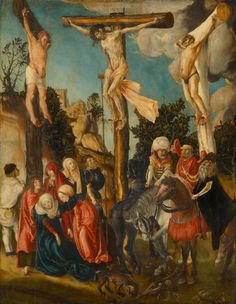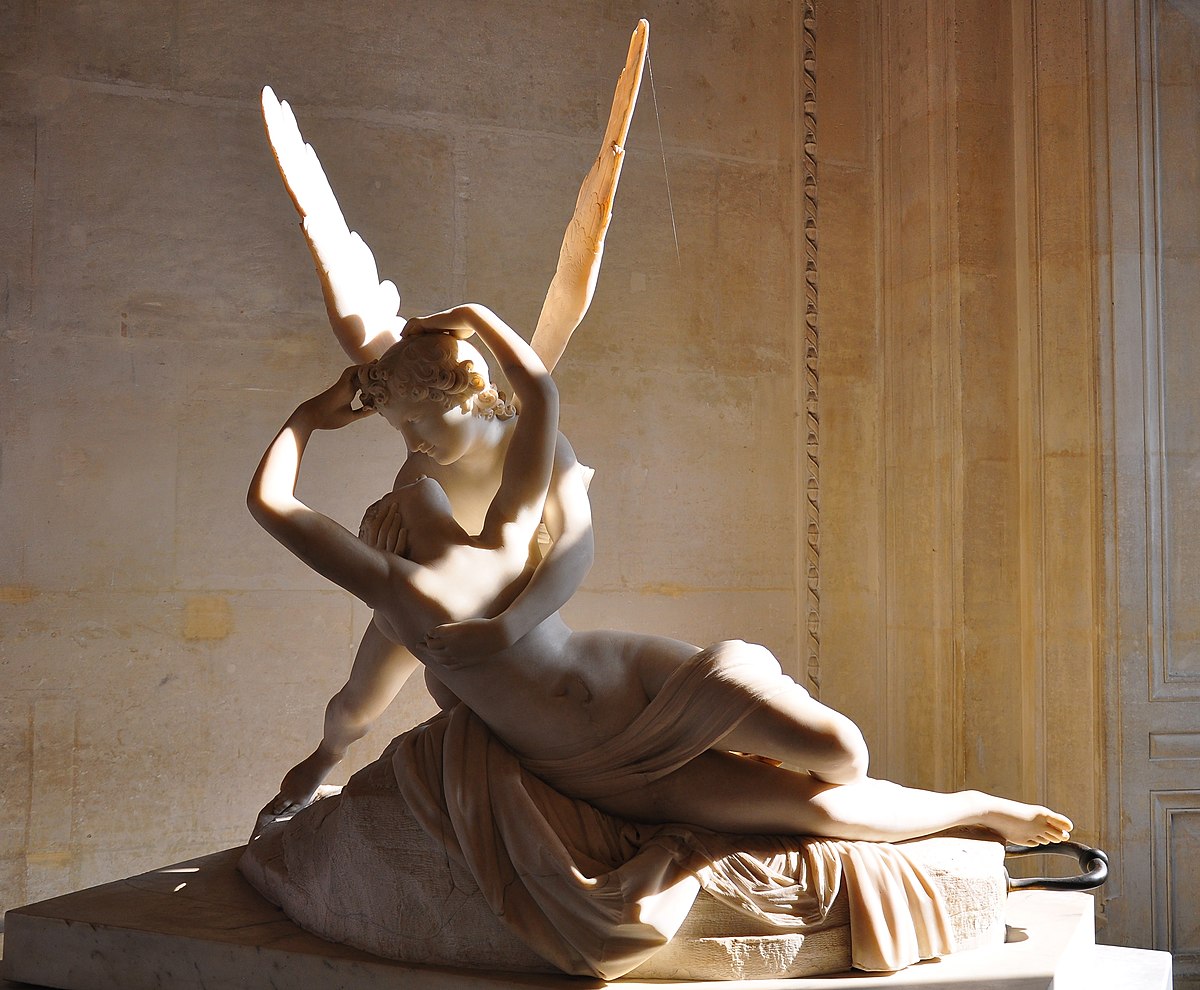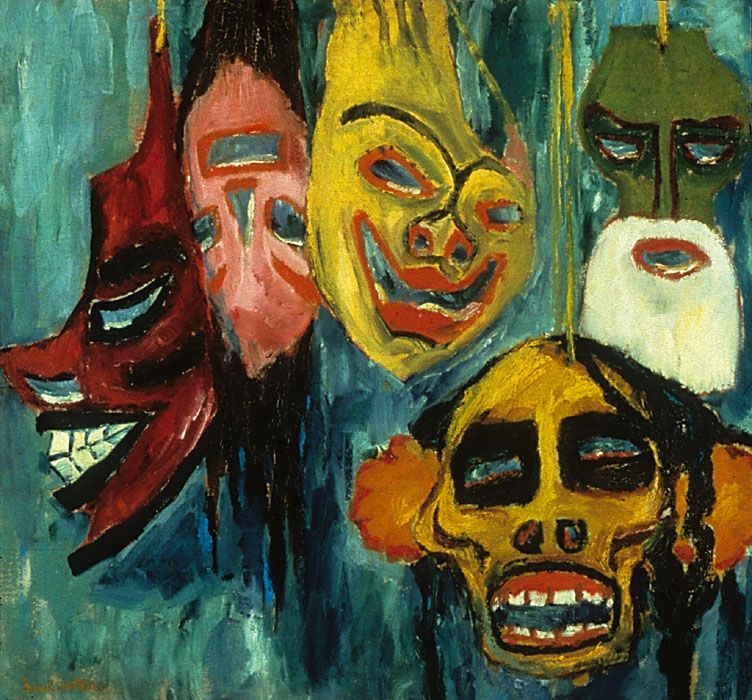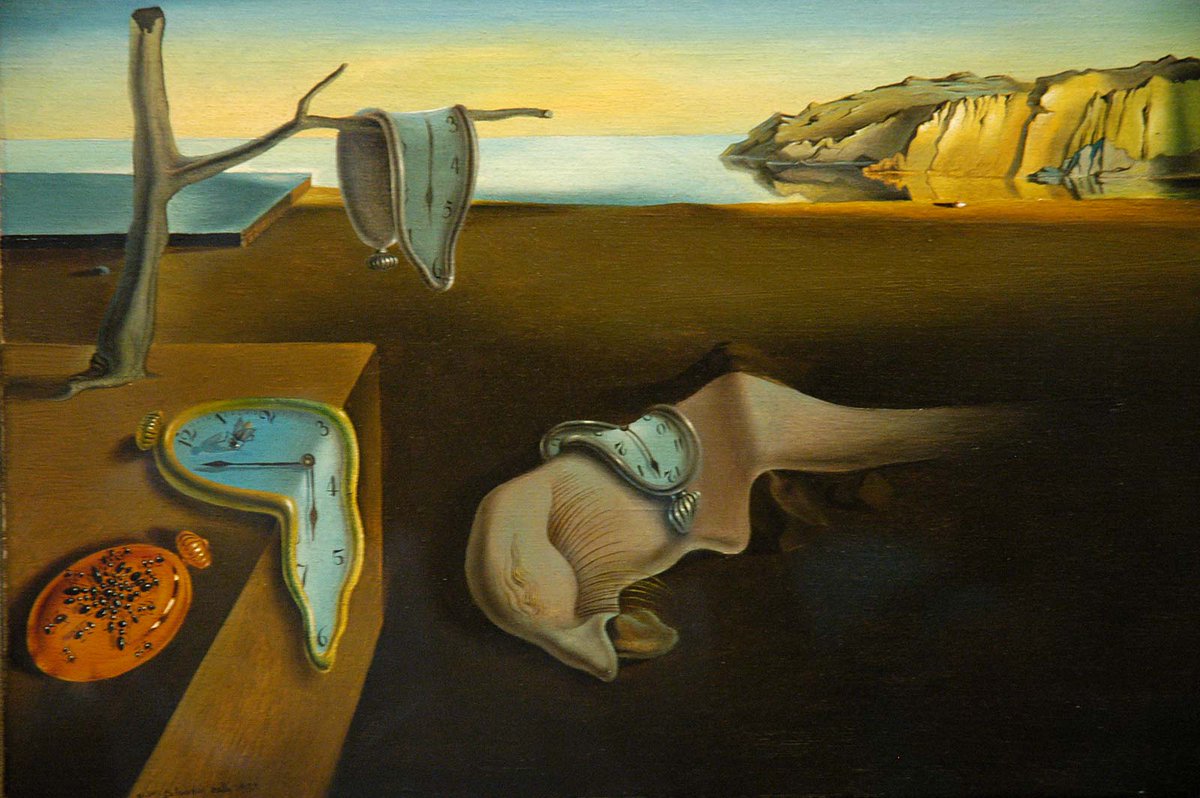okay lets GO, finally i can put all of this information from ap euro and art class to use
so first you& #39;ve got medieval art (europe pre 1400s) which lets be very honest is very ugly. it was also very biblical! https://twitter.com/FishiesJellie/status/1233824537512271872">https://twitter.com/FishiesJe...
so first you& #39;ve got medieval art (europe pre 1400s) which lets be very honest is very ugly. it was also very biblical! https://twitter.com/FishiesJellie/status/1233824537512271872">https://twitter.com/FishiesJe...
then came the renaissance (mostly southern and western europe 15th-16th centuries) the renaissance was brought on by rich merchants in italy wanting newer and cooler art
its a big deal cuz european painters FINALLY learned about human anatomy and how to use light and shadow
its a big deal cuz european painters FINALLY learned about human anatomy and how to use light and shadow
also the renaissance was characterized by how the painters were heavily inspired by greco roman myths + styles! there was also lots of intellectual stuff
there was also the northern renaissance which affected northern and eastern europe, it was more inspired by the bible +
there was also the northern renaissance which affected northern and eastern europe, it was more inspired by the bible +
also while the western renaissance was all about bright colors and a celebration of man, northern used darker colors and celebrated nature
then came baroque art (1600-mid 17th century)
baroque is VERY dramatic and they really loved using intense light and shadow, it also used lots of rich colors!
(that first painting is called las meninas and there is SO much going on in it)
baroque is VERY dramatic and they really loved using intense light and shadow, it also used lots of rich colors!
(that first painting is called las meninas and there is SO much going on in it)
also just in case yall dont know, 17th century = 1600s, 18th century = 1700s, idk why its like that but it is
now rococo art (late 1600s through late 1700s)
rococo used lots of pastel colors, asymmetry, and curves to create the illusion of motion, its also very dramatic which is why its sometimes called late baroque
rococo is just all about inspiring surprise and awe too
rococo used lots of pastel colors, asymmetry, and curves to create the illusion of motion, its also very dramatic which is why its sometimes called late baroque
rococo is just all about inspiring surprise and awe too
neoclassism (mid 1700s through mid 1800s) used richer and darker colors than rococo and once again focused more on greco-roman styles
as well as painting there was also lots of cool sculptures!
as well as painting there was also lots of cool sculptures!
romanticism (late 1700s - mid 1800s) emphasized emotion and individualism, and also glorified the past
romantics were ALL about nostalgia, they really loved nature too
and lots of famous and iconic paintings came from this movement
romantics were ALL about nostalgia, they really loved nature too
and lots of famous and iconic paintings came from this movement
realism (mid 1800s - 1900s) was a direct response to romanticism. it avoided stylization and was less about being grand and beautiful and more about illustrating the mundane and ugly
it also portrayed workers and the poor in a realistic way
it also portrayed workers and the poor in a realistic way
art nouveau (late 1800s - early 1900s) was inspired by natural things like flowers
it used lots of asymmetry to create dynamic pieces that had the illusion of movement
there was lots of bright and pastel colors as well and it was very stylistic compared to past art movements
it used lots of asymmetry to create dynamic pieces that had the illusion of movement
there was lots of bright and pastel colors as well and it was very stylistic compared to past art movements
next is impressionism (1865-1885) which is tbh one of my personal favorites
impressionism was less about the details and more about the vibe! lots of impressionist painters did landscapes and focused on nature
impressionism was less about the details and more about the vibe! lots of impressionist painters did landscapes and focused on nature
post-impressionism (late 1800s - early 1900s) is similar to impressionism but not the same
post impressionist painters had more differentiated styles compared to impressionist painters who all had similar styles
some of the most famous painters came from this art movement
post impressionist painters had more differentiated styles compared to impressionist painters who all had similar styles
some of the most famous painters came from this art movement
fauvism (early 1900s)
shit gets abstract, fauvism uses lots of bright colors and little blending, once again the typical realistic style was forgone
shit gets abstract, fauvism uses lots of bright colors and little blending, once again the typical realistic style was forgone
expressionism (1905-1920)
as the name suggests it was more about expressing the emotion instead of whats actually happening, paintings start getting even more abstract too
as the name suggests it was more about expressing the emotion instead of whats actually happening, paintings start getting even more abstract too
cubism (early 1900s)
now its REAL abstract, the painter would break up whatever they& #39;re painting in a way so they& #39;d represent different viewpoints
picasso was one of the most famous painters of this time
now its REAL abstract, the painter would break up whatever they& #39;re painting in a way so they& #39;d represent different viewpoints
picasso was one of the most famous painters of this time
surrealism (early 1900s - mid 1900s)
this movement was all about making the unreal seem real
the art was way less stylized and heavily realistic, which only makes the paintings more unnerving
this movement was all about making the unreal seem real
the art was way less stylized and heavily realistic, which only makes the paintings more unnerving
abstract expressionism (1940-1950s)
all about spontaneity (or something like that), very emotionally intense and was rebellious
all about spontaneity (or something like that), very emotionally intense and was rebellious
op art (1950s-1960s)
very abstract and used a lot of optical illusions, lots of the famous pieces were done in black and white
very abstract and used a lot of optical illusions, lots of the famous pieces were done in black and white
and thats where im stopping, there& #39;s more but i am tired skdhdj

 Read on Twitter
Read on Twitter


















































